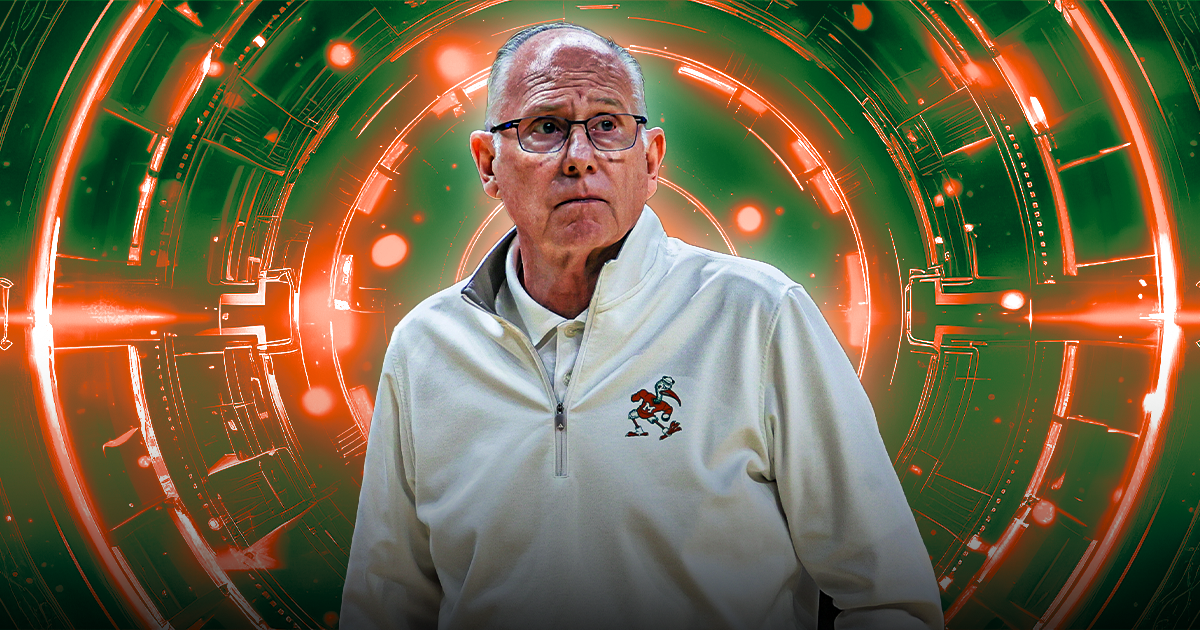Like all great directors, Wes Anderson understands that there’s no better place to be sad than the American West. Anderson’s latest film Asteroid City coats on the sadness like light pink paint on The Grand Budapest Hotel.
While his style has been parodied of late on social media as being emotionally despondent and blandly schematic, the brilliant Asteroid City might be the best example yet of why the auteur’s films beat from bleeding hearts, ones carefully hidden in ornate mazes designed with precision and reverence. It’s a film that’s as achingly melancholic as it is deeply funny, showing why Anderson is one of the true experts for tonal balance.
More so than he ever has in his career, the director seems fascinated with using Asteroid City to meditate on the nature of death and our long-standing struggle to cope with the gobsmacking craters that get left in our lives when someone we love passes on. While The Life Aquatic‘s Steve Zissou used his grief to fuel a revenge hunt on the jaguar shark that ate his best friend, Asteroid City finds its central characters running from grief like it’s a runaway locomotive barreling down a lonesome desert railway.
Courtesy of Pop. 87 Productions/Focus Features
Well, it’s the characters from the mind of Western playwright Conrad Earp (Edward Norton), whose play Asteroid City is being brought to life in a televised production hosted by Bryan Cranston’s nameless emcee. Yes, Anderson seems to be having a bit of fun with critiques that his films are fussily rendered by taking his latest plot and stacking itself in on each other like different layers of dreams in Inception. The film bounces from the technicolor story of Asteroid City to the Cranston-narrated interludes of how the production came to be.
One moment, we’ll be in a dusty faux-rest stop in the middle of Arizona nowhere with a newly widowed Augie Steenbeck (Jason Schwartzman, sensational) and his four kids as the eldest attends a Junior Stargazers convention. The next, Anderson will cut to a black-and-white aside of Cranston telling us about how Earp the Asteroid City playwright met renowned actor Jones Hall (also Schwartzman), the man who seemingly inspired and later played Earp’s Augie Steenbeck.
Asteroid City takes its science-fiction roots seriously, with Anderson openly paying homage to Steven Spielberg’s Close Encounters of the Third Kind as the Junior Stargazers convention quickly dissolves into a government quarantine after a very timid alien drops in unexpectedly during an evening gaze at the cosmos in the very asteroid crater where the town gets its name from. However, Anderson finds so much more pathos in what happens after we see the alien than Spielberg did in the grand meeting.

Courtesy of Pop. 87 Productions/Focus Features
Anderson’s film will spin your head around like a top as it navigates the precious relationship stories have to real-life traumas. We learn from stories because they’ve been written by people who have felt the emotions on the page.
While a story is merely a microcosm of themes and experiences scattered about with characters that may or may not relate to us, an artist’s work to bring those themes and experiences to us is all at once alienating and magnetizing. We feel their pain even though we may never know where it comes from, an act of isolation can breed such communal power.
Asteroid City bites off a whopping piece of rhubarb pie with its narrative overlays, but it rewards those who are finely in tune with Anderson’s rhythms. Not everything is going to make sense in Asteroid City, but it’s not supposed to. While his films have been accused of being too mechanic to elicit empathy, what’s more realistic than a dry, reserved season of grieving?

Courtesy of Pop. 87 Productions/Focus Features
Life isn’t like the movies, but Anderson’s films have always found bracing humanity in those little moments of devastation where characters look at each other with heavy eyes that tell more than five-ton books ever could. Then, when the intimate conversation starts, it’s a tidal wave that sweeps you off your feet into Anderson’s oceans of rich emotions.
The beauty of Asteroid City comes with how it studies the indivisible relationship between processing the unexplainable and being there for people through the confusion. We’re not always going to understand what’s going on around us, whether it’s questioning why a character does something in a play or in why someone we held dear had to die so soon.
However, most people can’t help but want to be there for someone in a time of need. The questions of life may not ever get solutions that satisfy logic or reason, but the answers always come in the form of helping hands. We’re not alone in Asteroid City, as Anderson’s devastatingly hopeful film sneaks up behind you like a hug out of sight. The long, dusty road from grief might be a scary one, but at least we go on it together.
































/cdn.vox-cdn.com/uploads/chorus_asset/file/24924653/236780_Google_AntiTrust_Trial_Custom_Art_CVirginia__0003_1.png)




/cdn.vox-cdn.com/uploads/chorus_asset/file/25672934/Metaphor_Key_Art_Horizontal.png)

